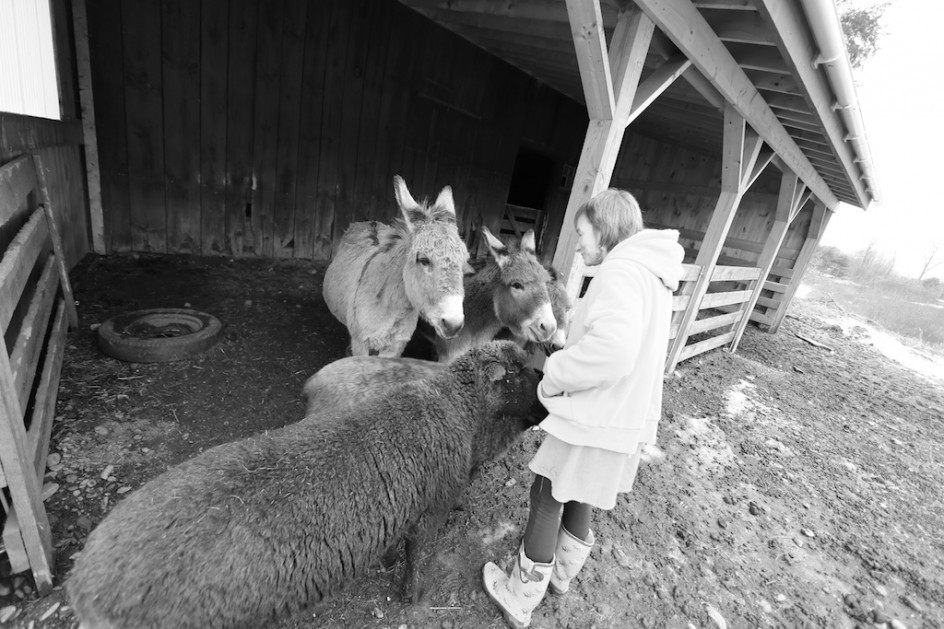
The animals of the world exist for their own purposes, they were not created to meet the needs of humans any more than women were created to serve the purposes of men. Our relation with animals is increasingly emotionalized and patronizing, we see them as dependent and piteous creatures whose primary purpose is to help us feel loved, needed and connected in a fragmented and sometimes frightening world.
Henry Beston, the author and naturalist, wrote nearly a half-century ago that we need another and a wiser and perhaps more mystical concept of animals. If those words were true when he wrote them, they are more so now. “Remote from universal nature, and living by complicated artifice, man in civilization surveys the creature through the glass of his knowledge and sees thereby a feather magnified and the whole image in distortion. We patronize them for their incompleteness, for their tragic fate of having taken form so far below ourselves. And therein we err, and greatly err. For the animal shall not be measured by man. In a world older and more complete than ours they move finished and complete, gifted with extensions of the senses we have lost or never attained, living by voices we shall never hear. They are not brethren, they are not underlings; they are other nations caught with ourselves in the net of life and time, fellow prisoners of the splendor and travail of the earth.”
I also believe we need a new paradigm for seeing animals, and it is urgent now, before their reasons for being and identity is completely subsumed in our selfishness and growing need. It is imperative that we find a way to communicate with animals that is not a one-sided effort to force our words and thoughts into their consciousness, but is a true communication. I have been considering this for the 15 years I have been living with animals, with dogs, barn cats, chickens, goats, sheep, donkeys and cows. I have been watching the way they respond to my moods, my words, my movement, the food I bring and when I bring it, I have been considering what they do when their ears move a certain way, when their tails are up.
I have watched my wife, an empath and an intuitive, talk to animals, I have photographed it, captured it in memory, images and words. I have seen the power of emotion in animals, their sensing it in people, their showing it in so many ways, their responses to it in us. I talk to the animals on the farm all the time, wordlessly, through my eyes, the sounds I make, the way my body moves, the food I bring to them. So does Maria. I think they are powerfully intuitive spirits, resourceful and strong given the chance, miraculously adaptable and quite alien, Beston is quite right, we need a new language with which to communicate.
And clearly, they need our love and mercy and empathy. Harriett Beecher Stowe wrote that the best people in the world have always taken the side of the weak against the strong, and in our world, the animals are weak and we are strong. The people who love animals have always been among the best people in the world, and for me, loving them means respecting them and listening to them, something I often see being washed away by our unthinking need and arrogance. This is my next project, perhaps my most ambitious one, sharing what I have learned about talking to animals, about listening to them.
